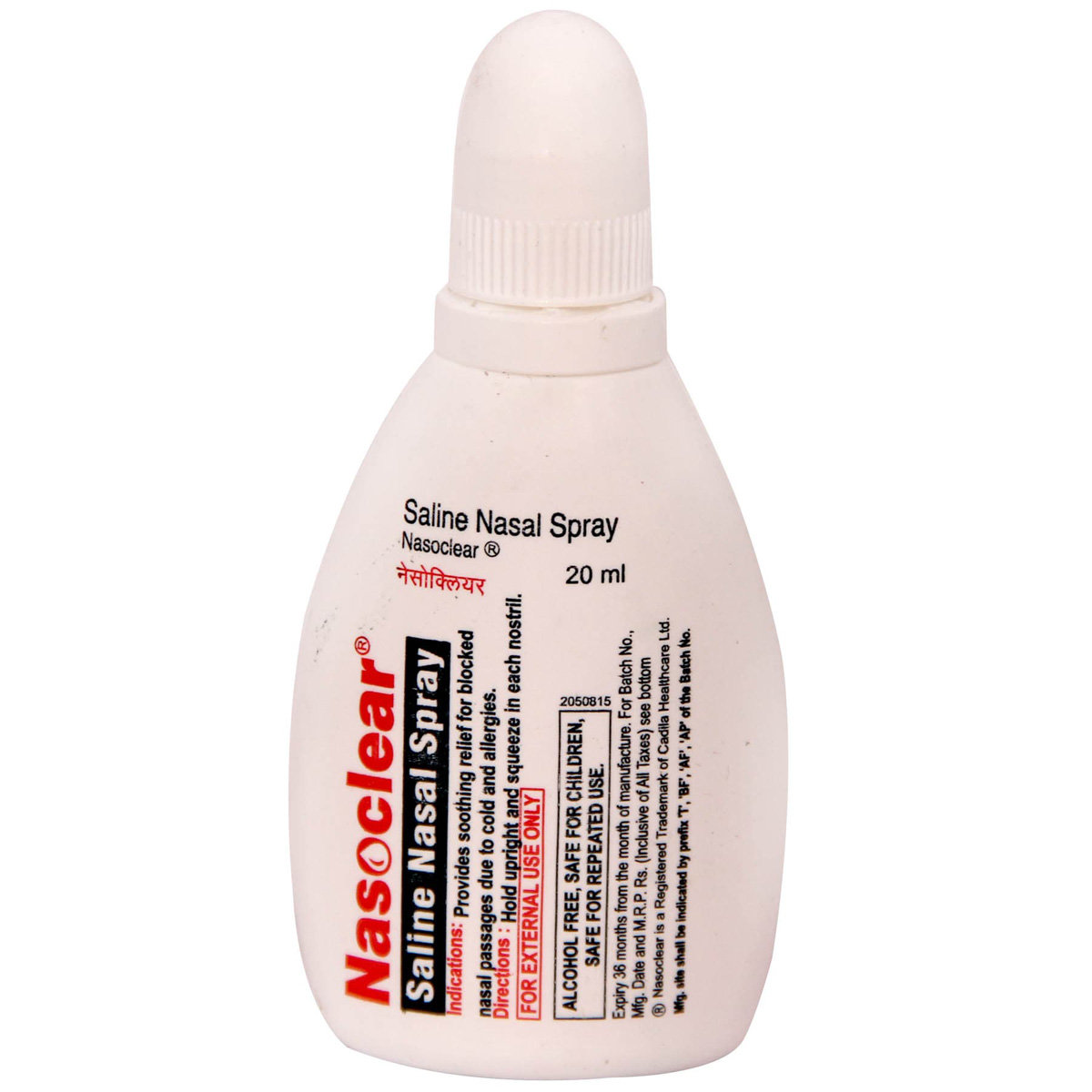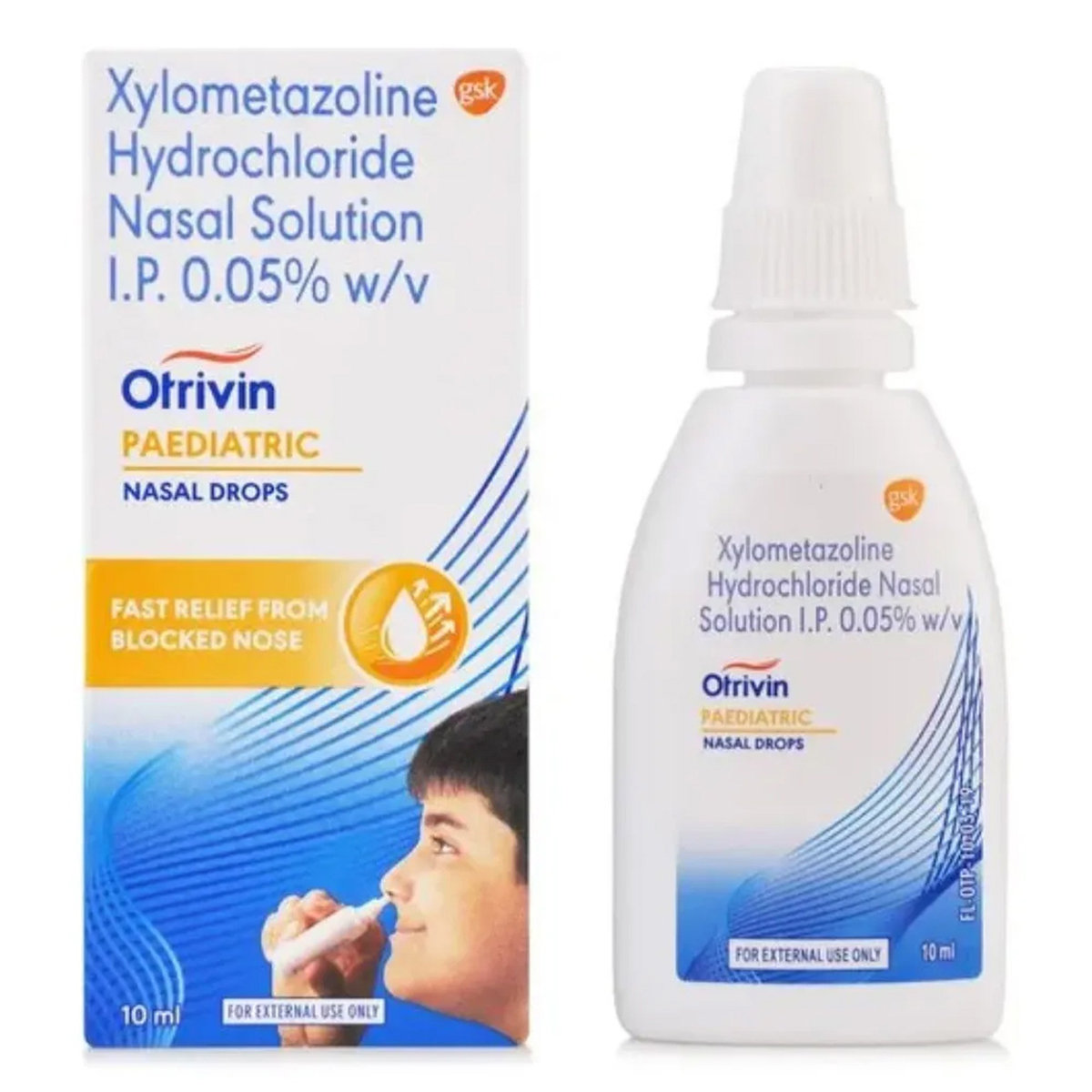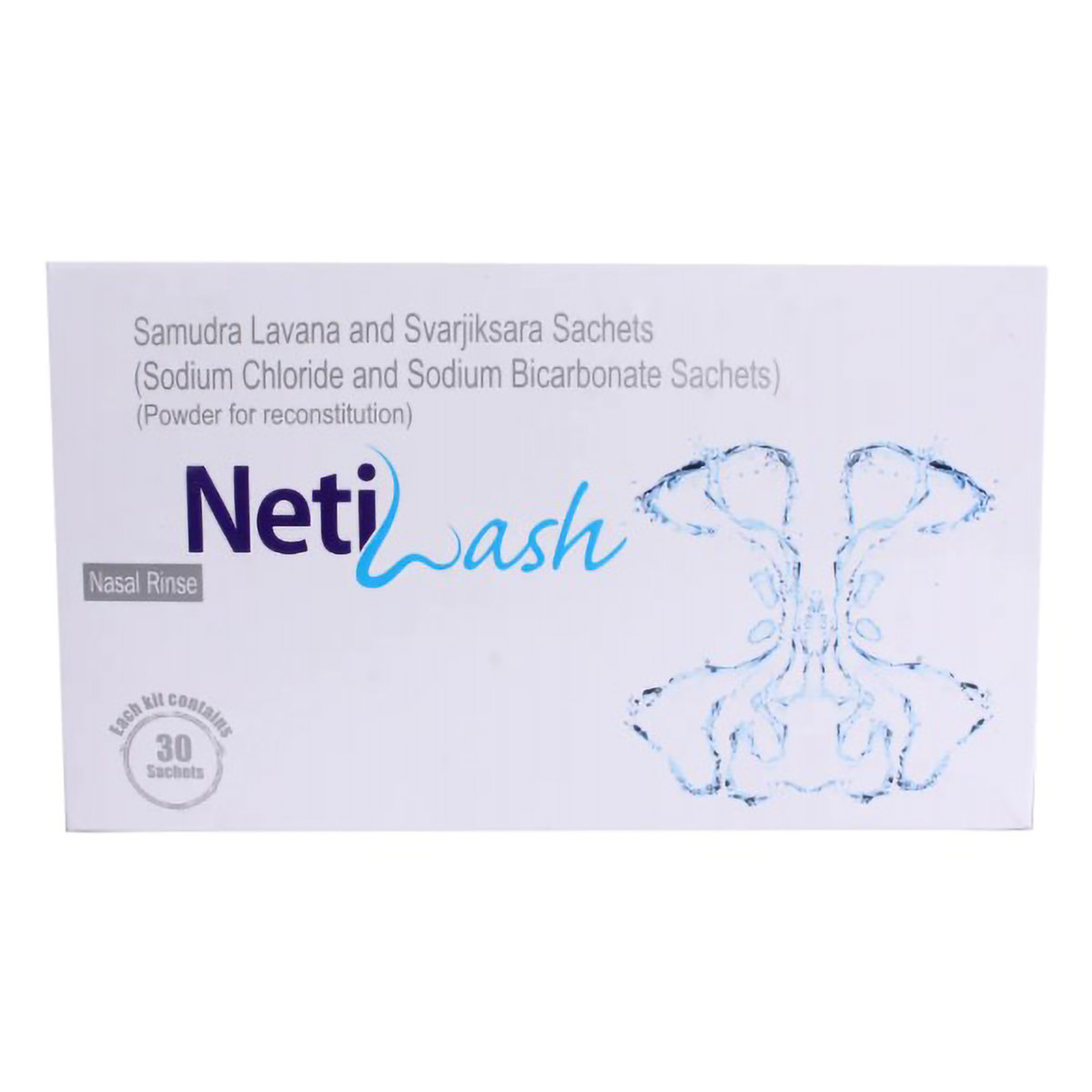- Home
- Health Condition
Medicine For Blocked Nose
Medicine For Blocked Nose
- Total Items (468)
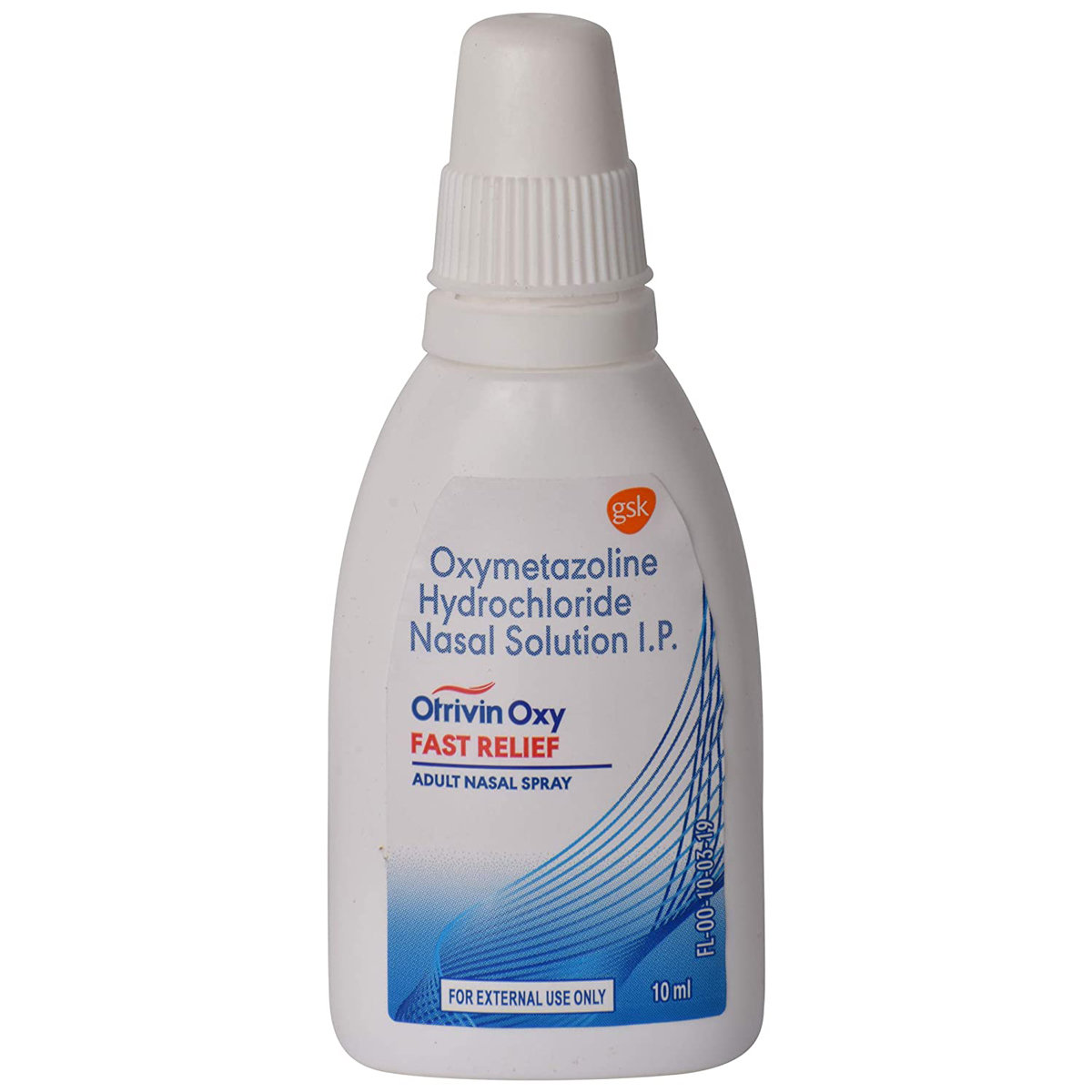
Otrivin Oxy Fast Relief Adult Nasal Spray, 10 ml
₹115.70
MRP ₹128.50
10% off
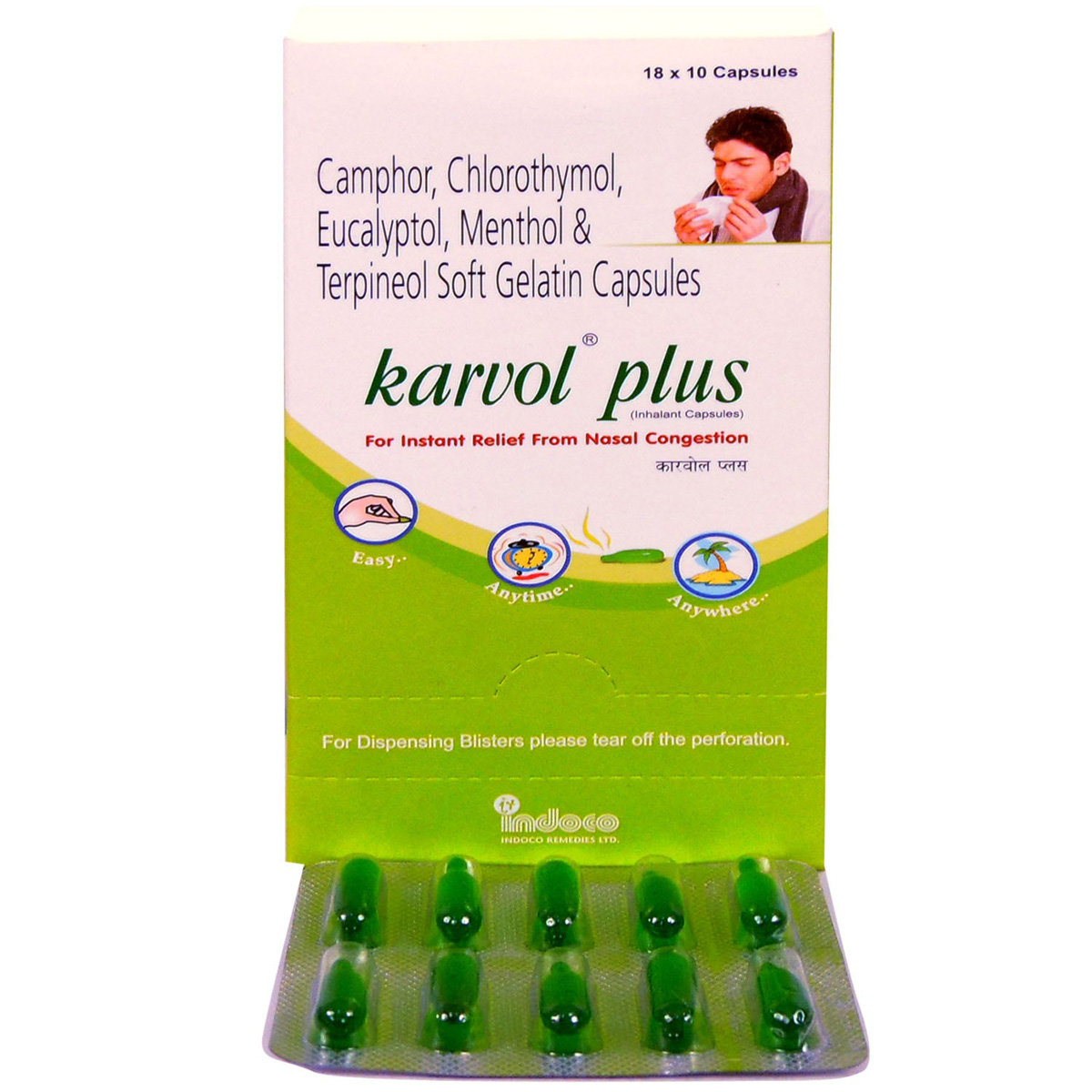
Karvol Plus Capsule 10's
₹90.90
MRP ₹101
10% off
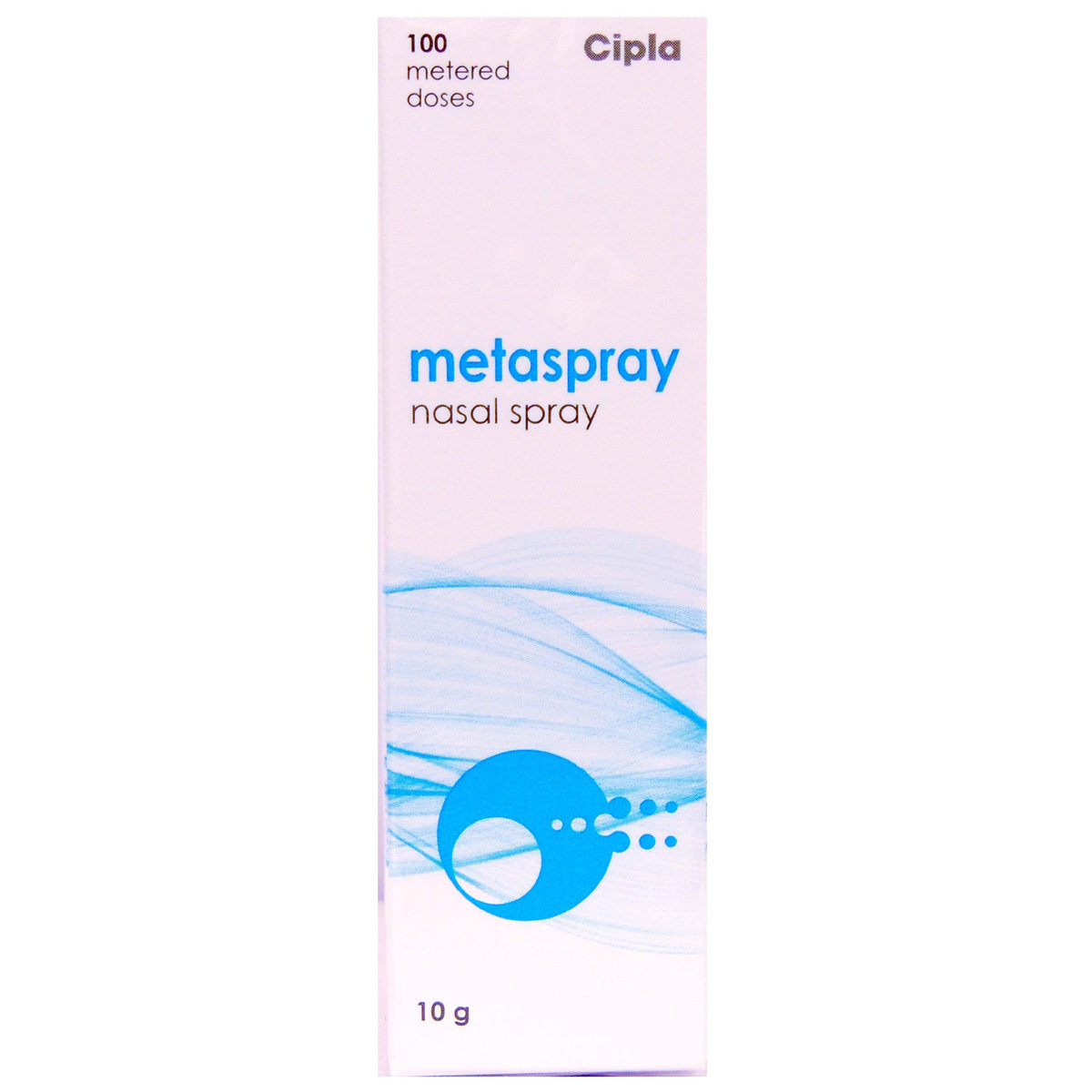 RX
RXMetaspray Nasal Spray 10 gm
₹520.70
MRP ₹578.50
10% off

Solspre Nasal Spray 100 ml
₹501.80
MRP ₹557.50
10% off
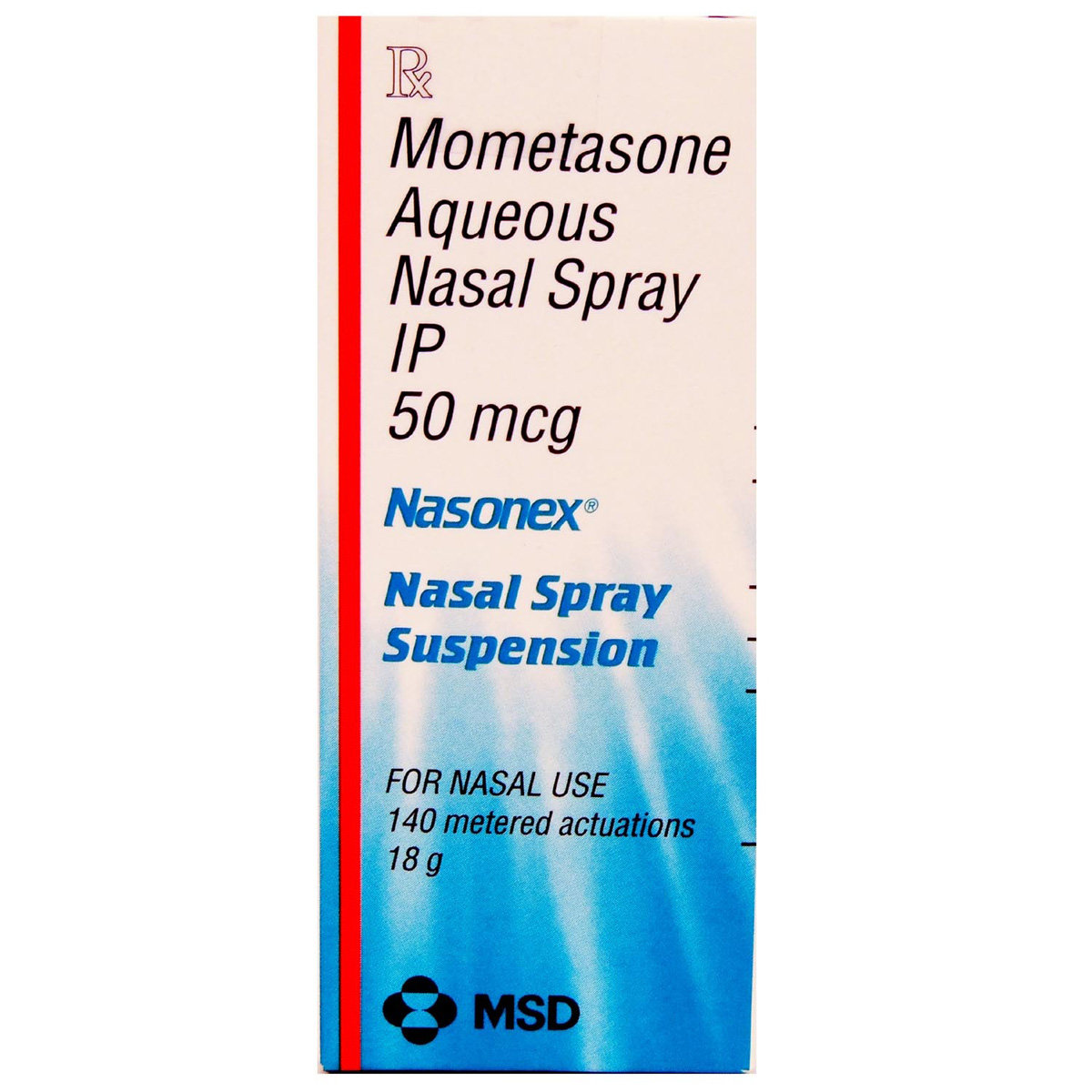 RX
RXNasonex Nasal Spray Suspension 18 gm
₹540
MRP ₹600
10% off
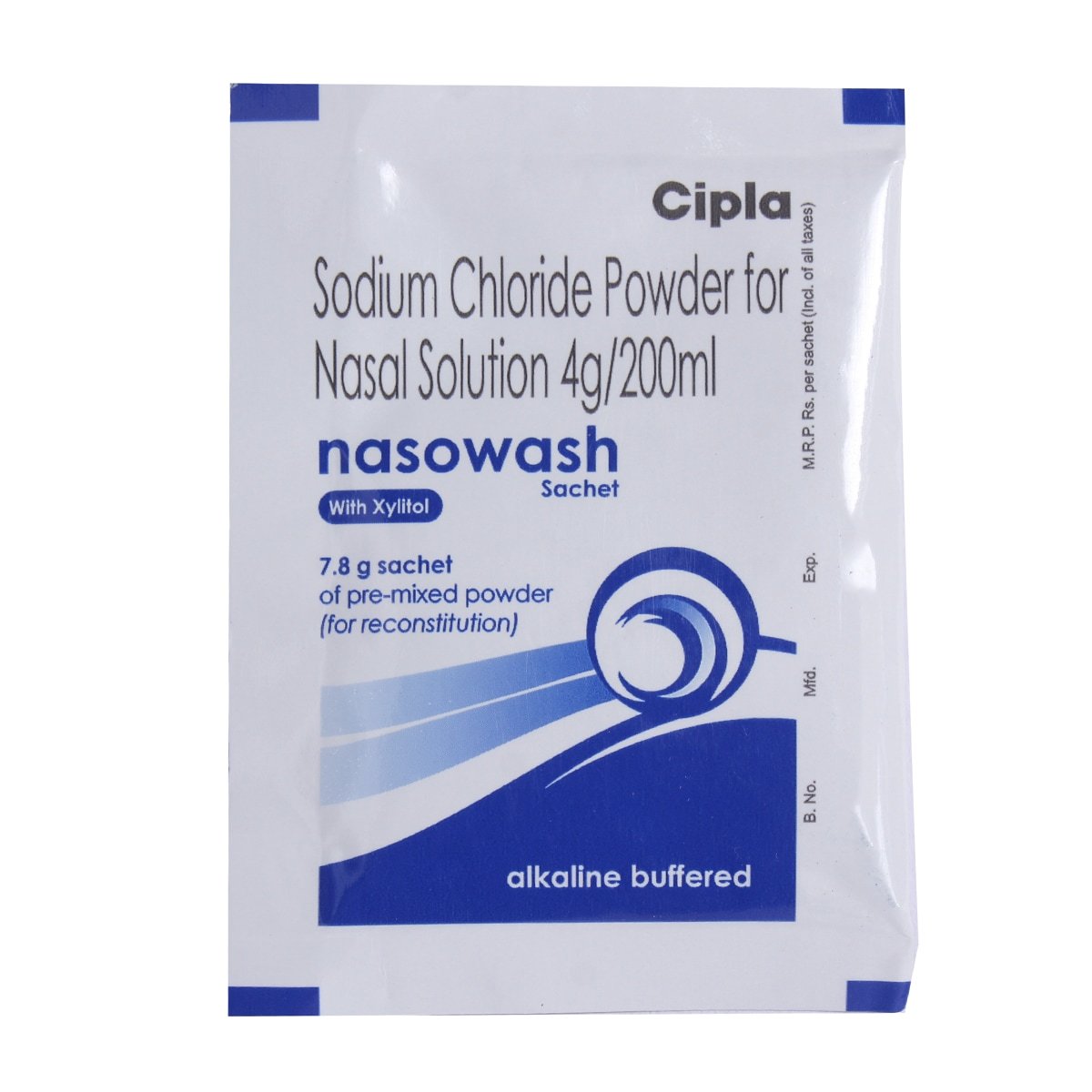
Nasowash Powder for Nasal Solution 7.8 gm
₹23.40
MRP ₹26
10% off
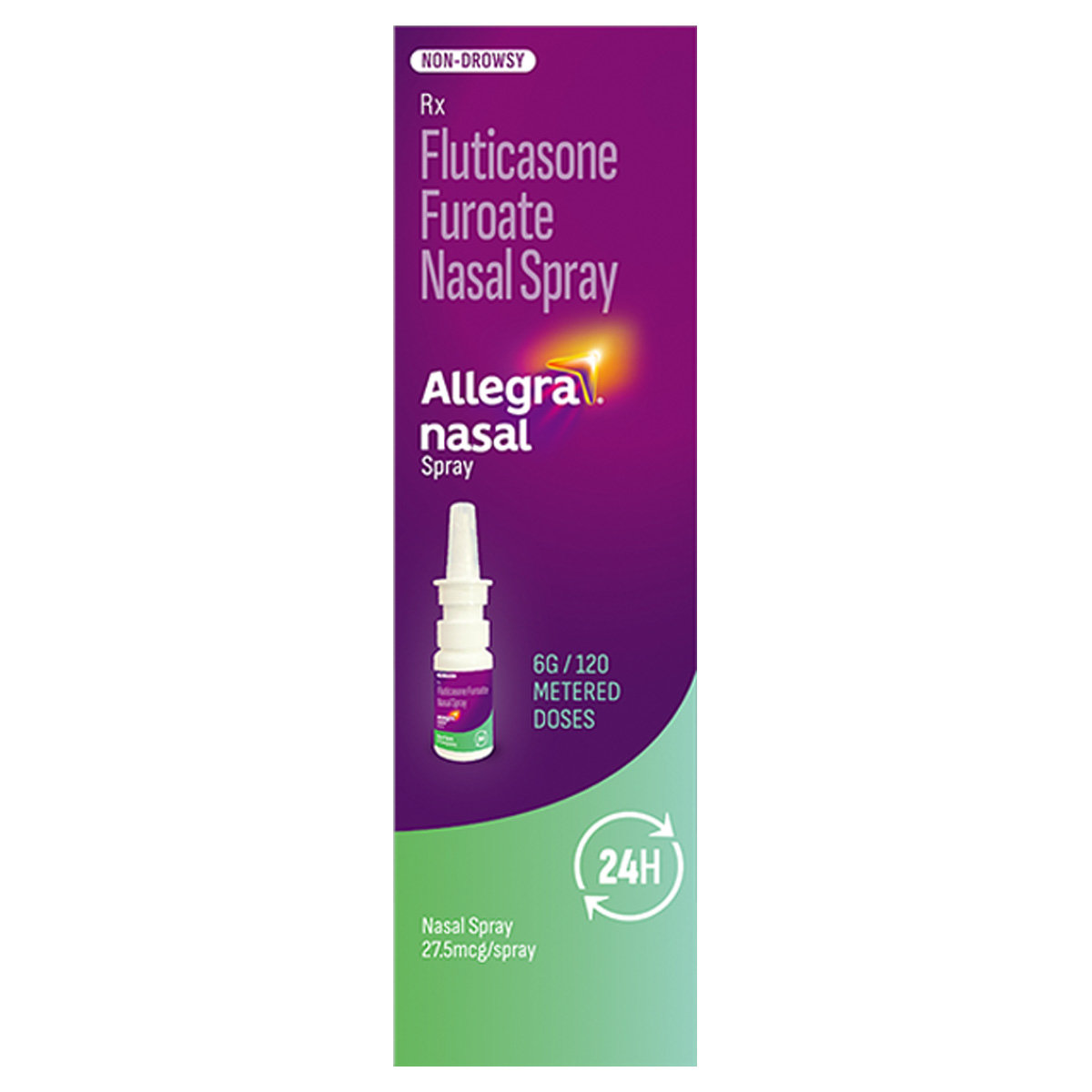 RX
RXAllegra Nasal Spray 6gm/120 MD
₹431.10
MRP ₹479
10% off
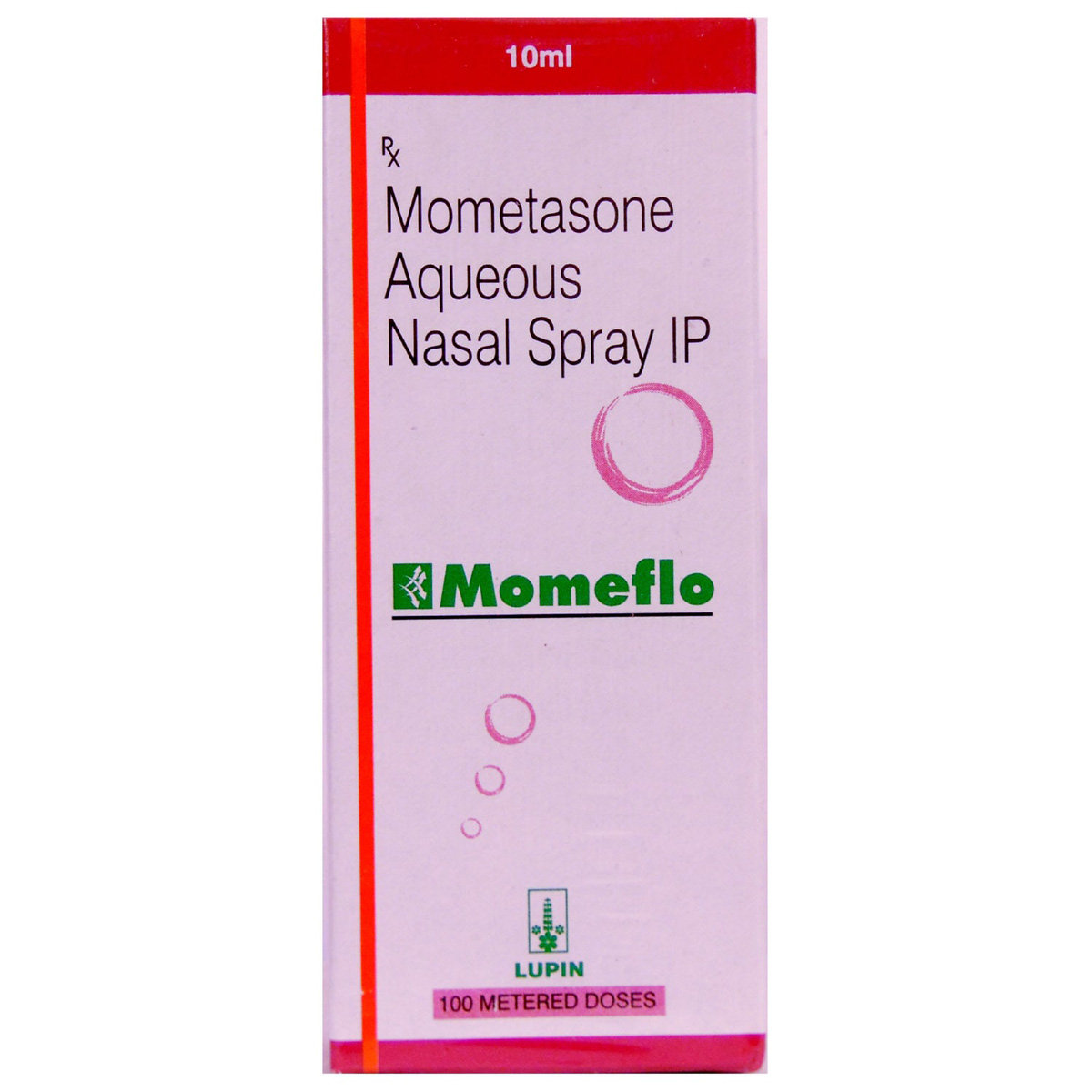 RX
RXMomeflo Nasal Spray 10 ml
₹469.40
MRP ₹521.50
10% off
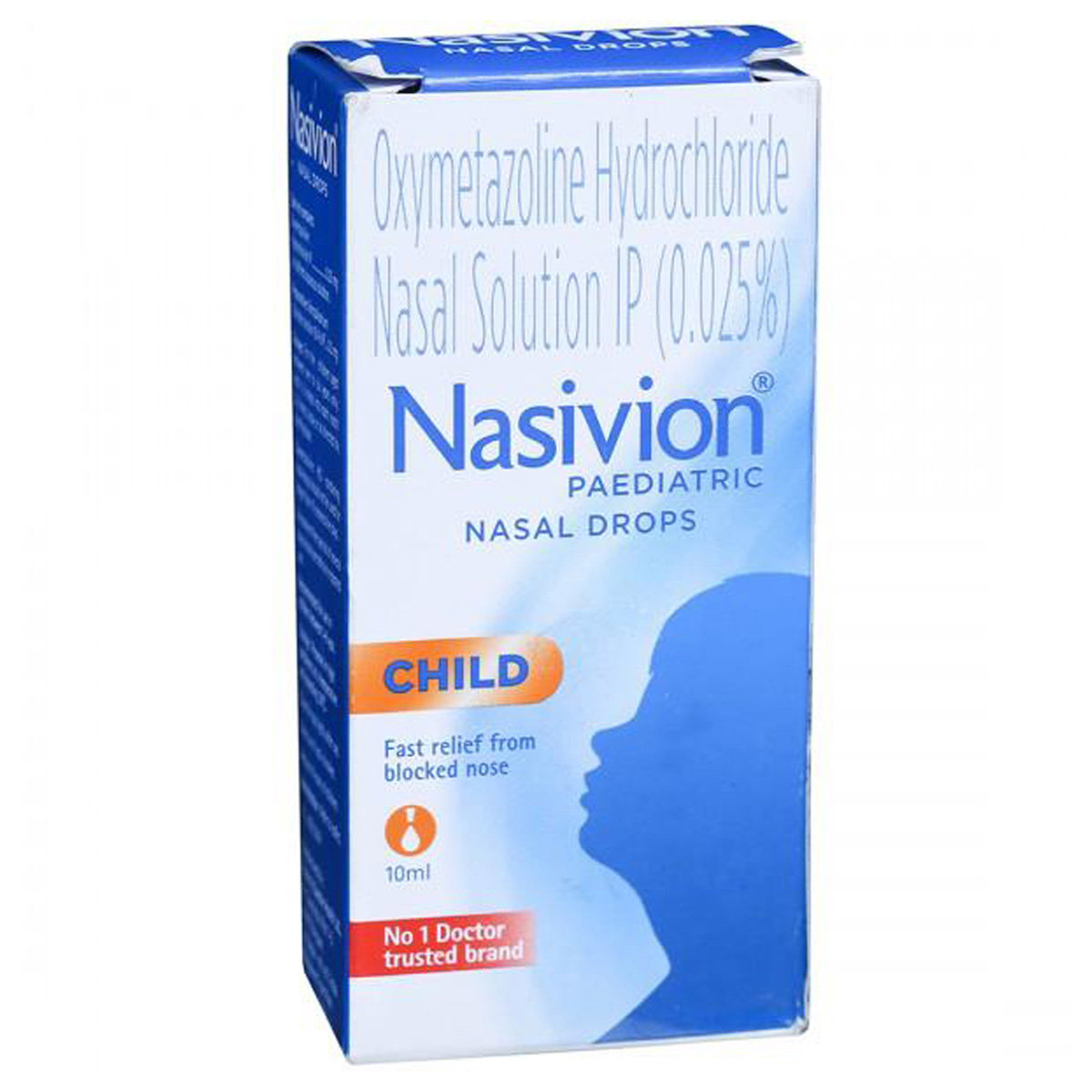
Nasivion 0.025% Paediatric Nasal Drops, 10 ml
₹96.30
MRP ₹107
10% off
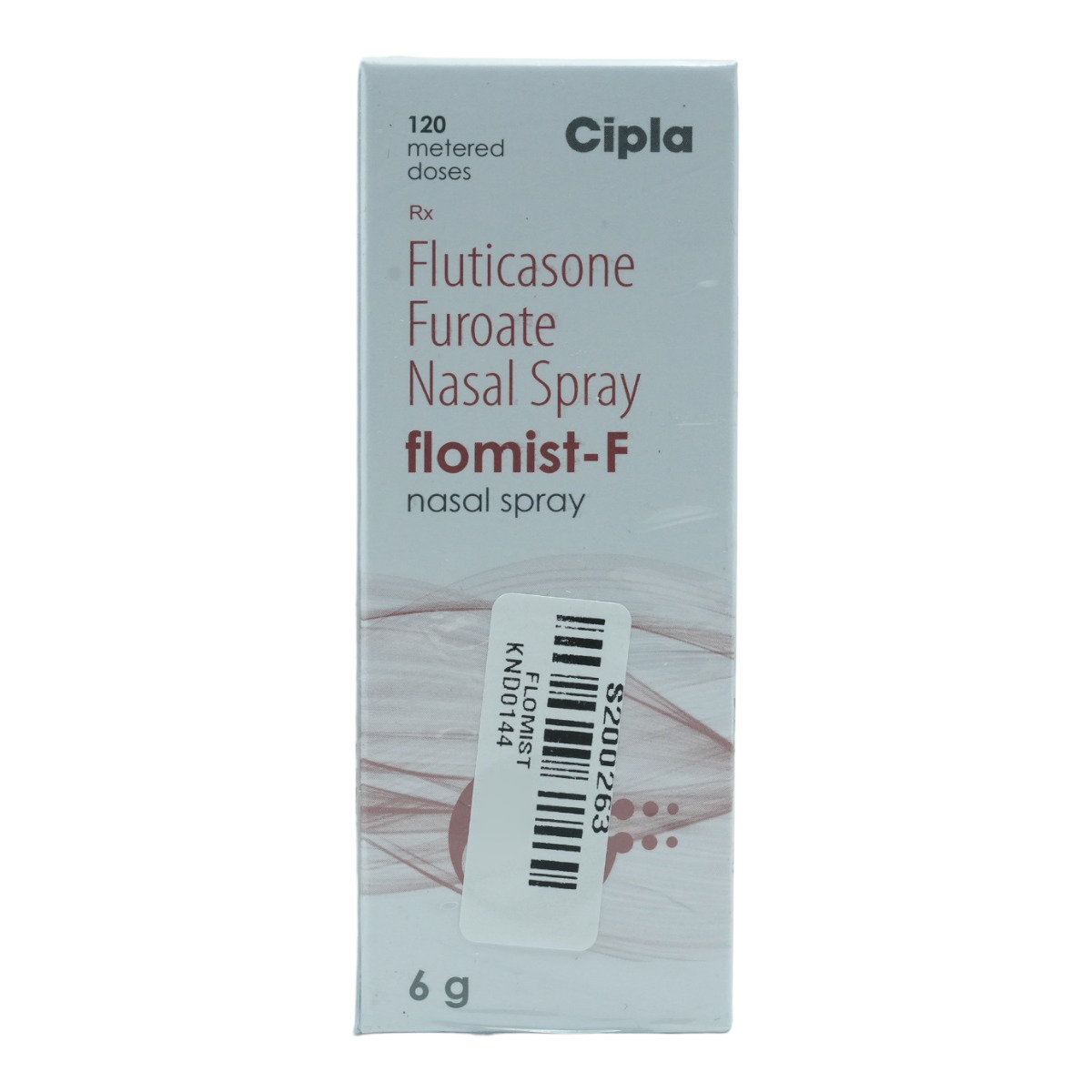 RX
RXFlomist-F Nasal Spray 6 gm
₹509
MRP ₹565.50
10% off
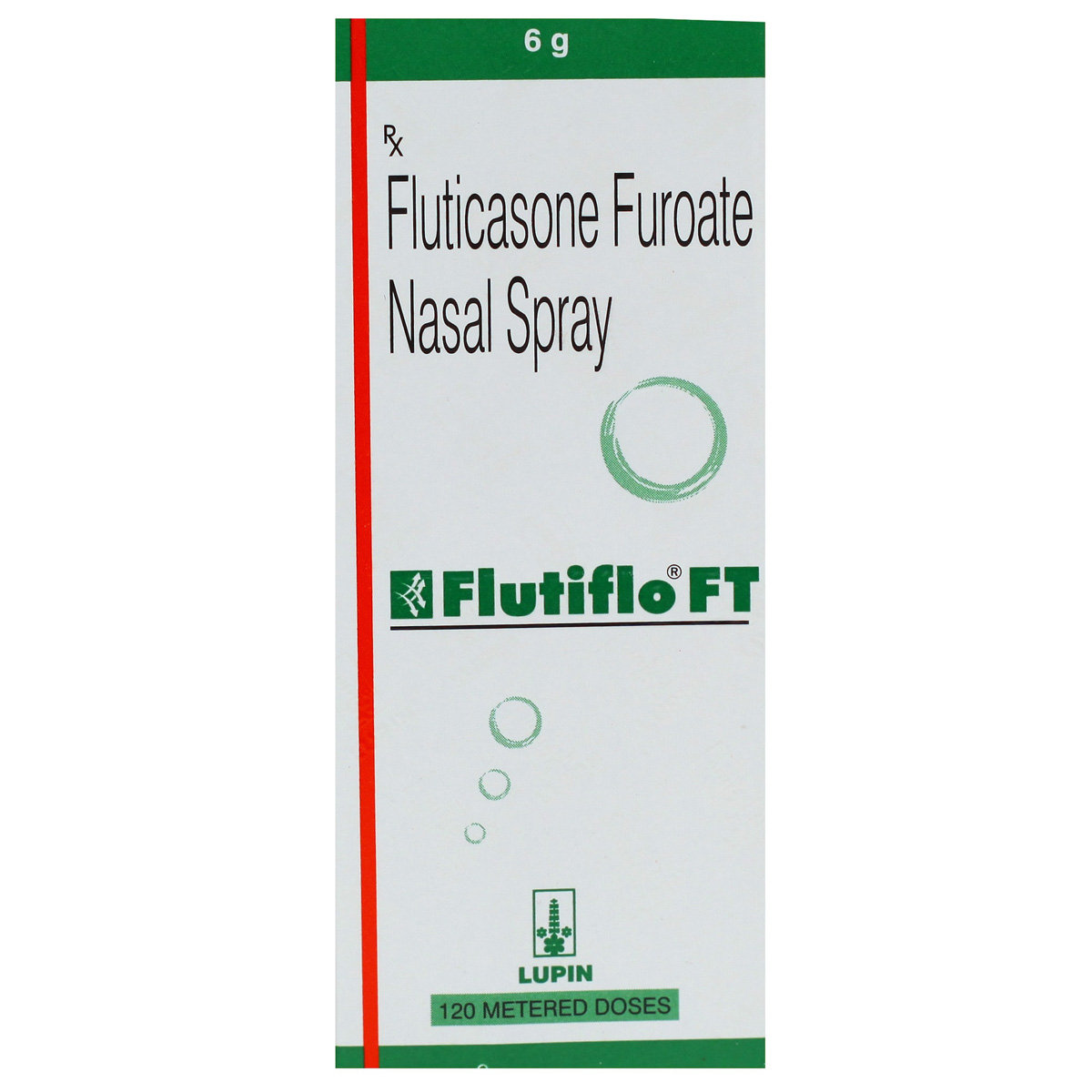 RX
RXFlutiflo FT Nasal Spray 6 gm
₹505.40
MRP ₹561.50
10% off
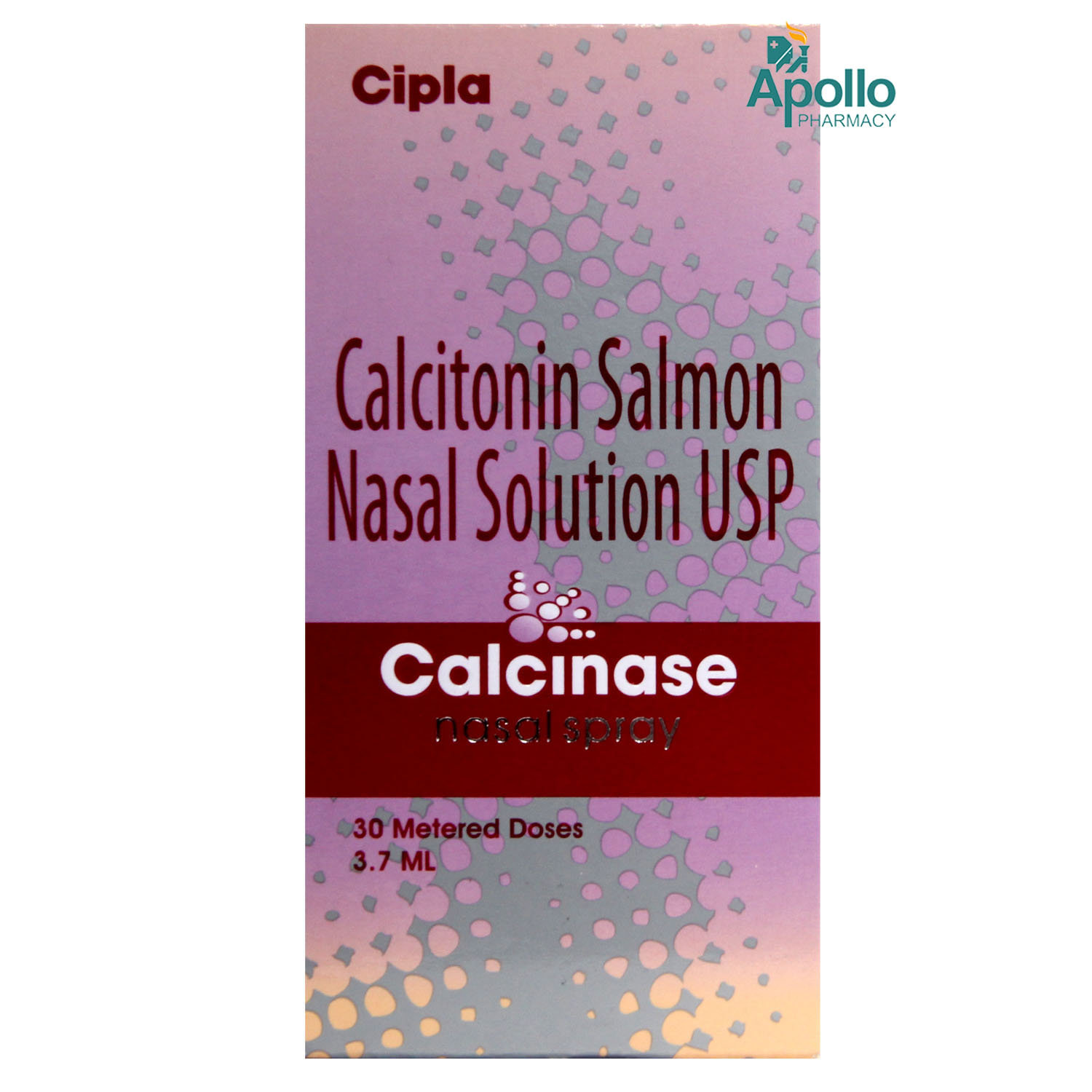 RX
RXCalcinase Nasal Spary 3.7 ml
₹2126.70
MRP ₹2363
10% off
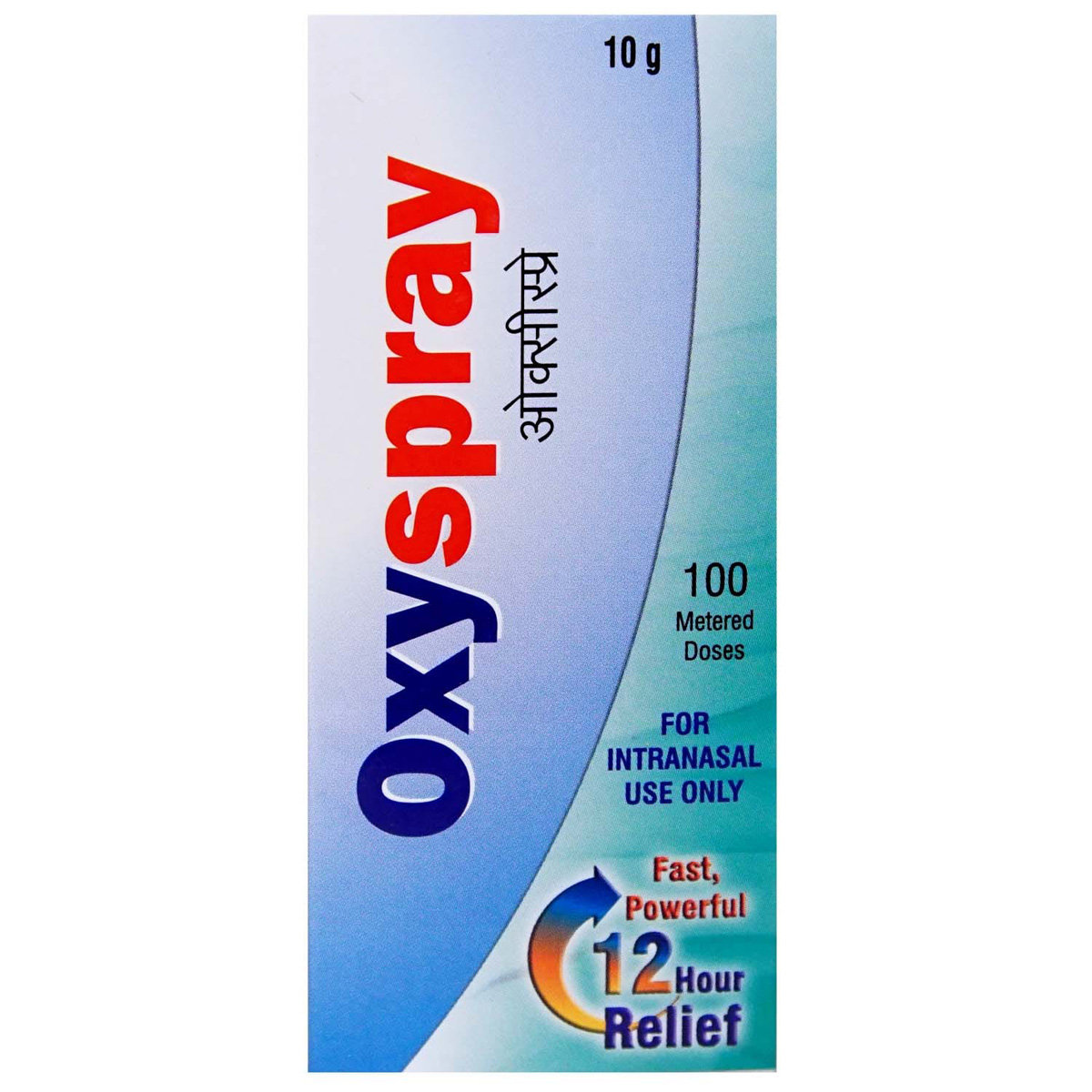
Oxyspray Nasal Spray 10 gm
₹260.10
MRP ₹289
10% off
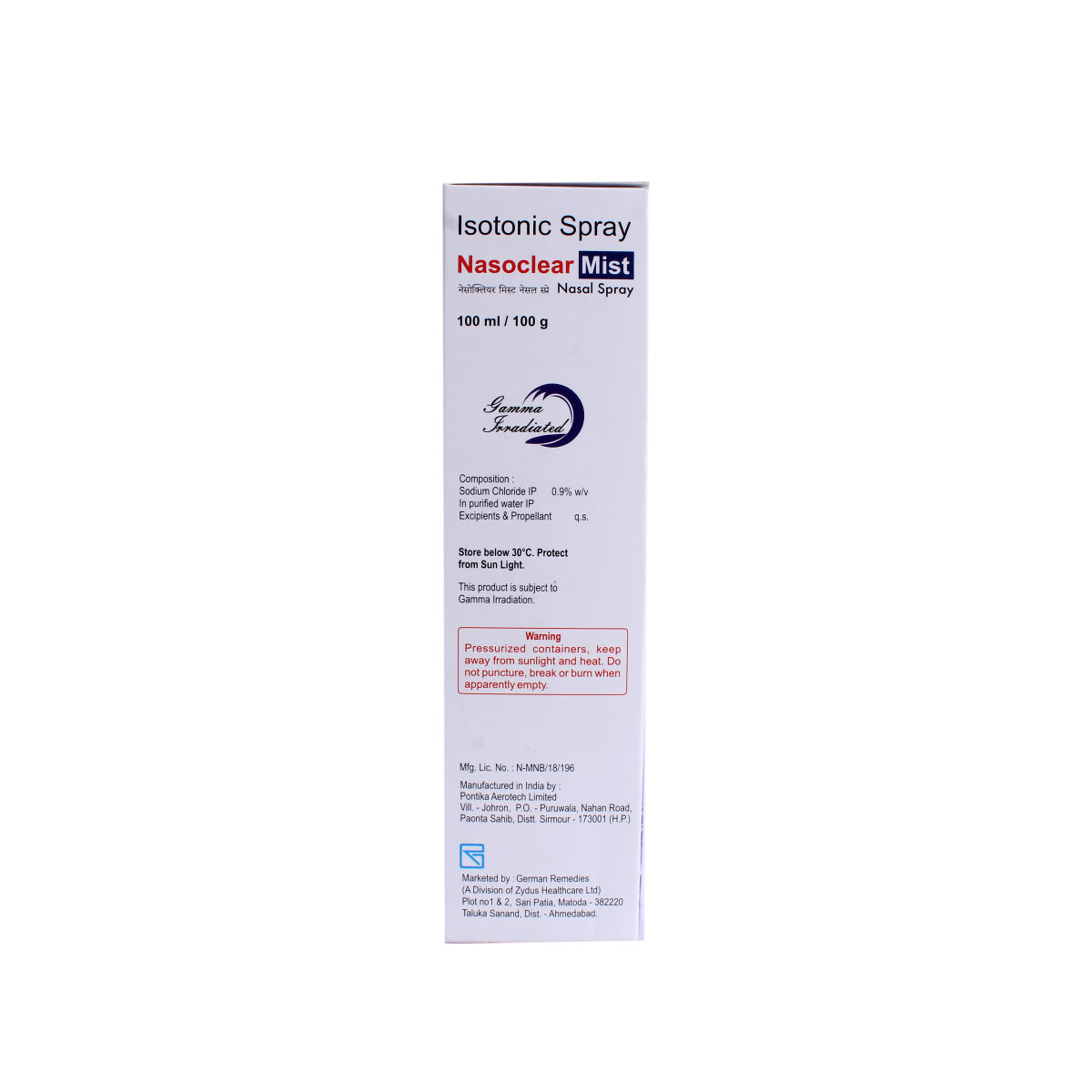
Nasoclear Mist Nasal Spray 100 ml
₹480.60
MRP ₹534
10% off
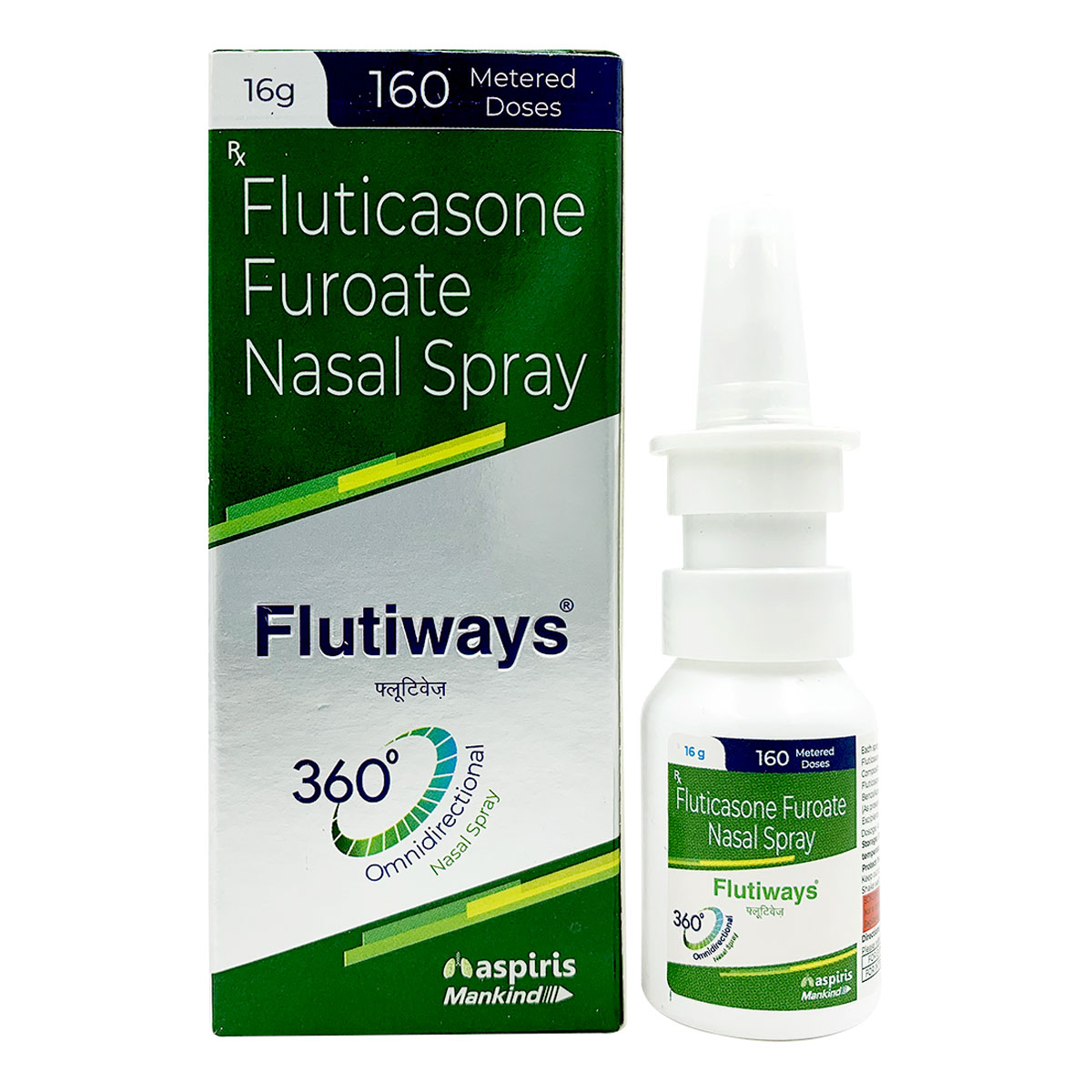 RX
RXFlutiways Nasal Spray 16 gm
₹512.60
MRP ₹569.50
10% off
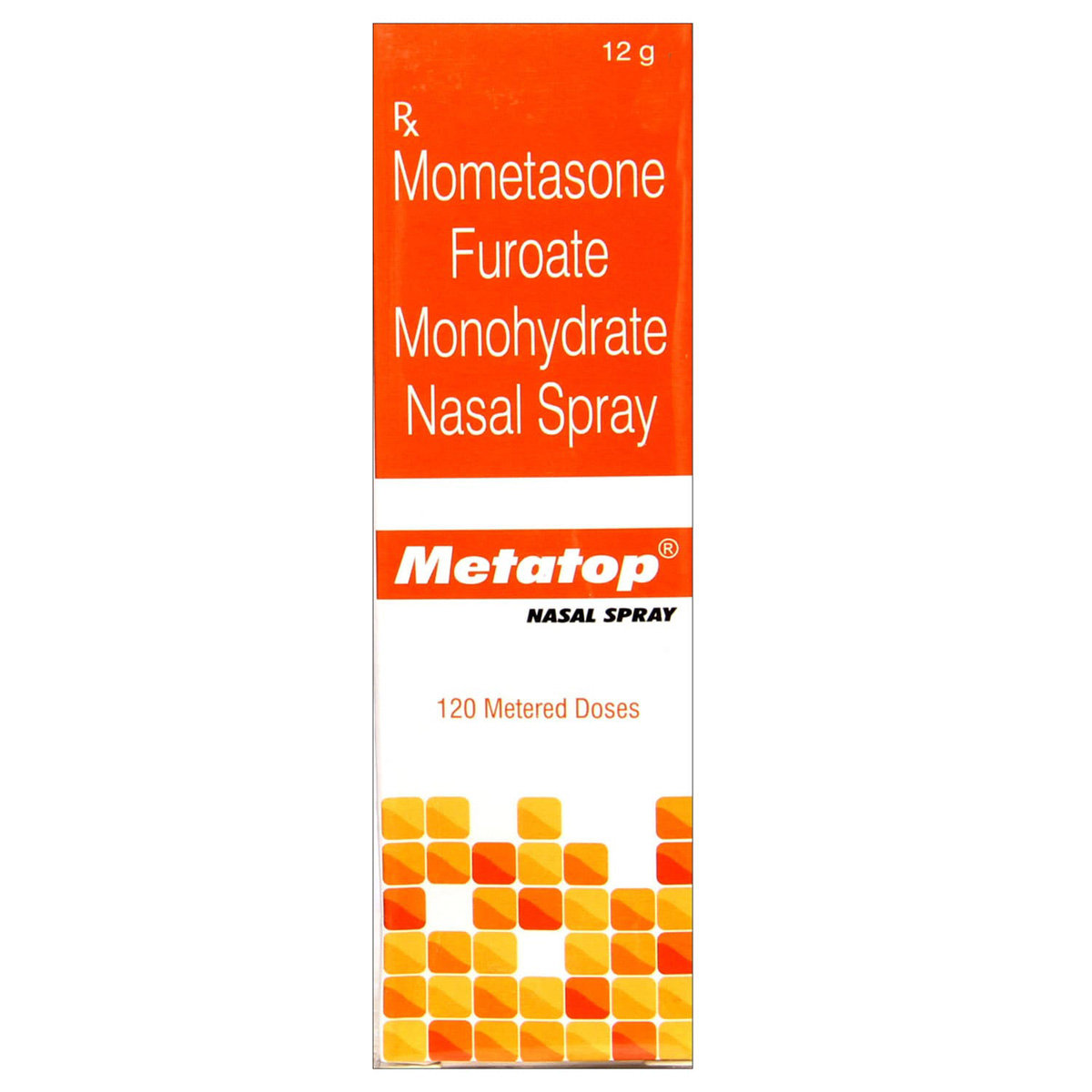 RX
RXMetatop Nasal Spary 12 gm
₹541.80
MRP ₹602
10% off
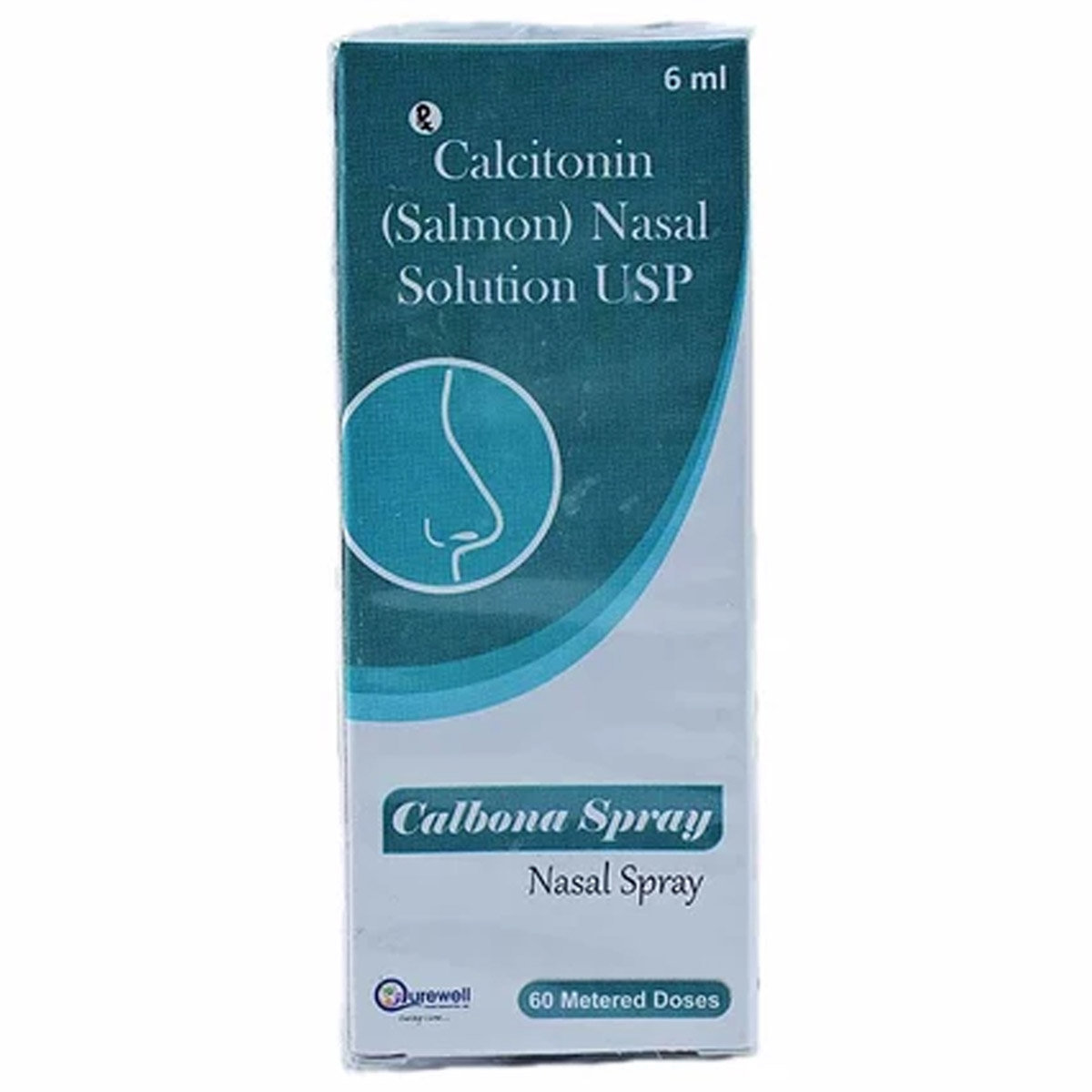 RX
RXCalbona Nasal Spray 60 mdi
₹2249.10
MRP ₹2499
10% off
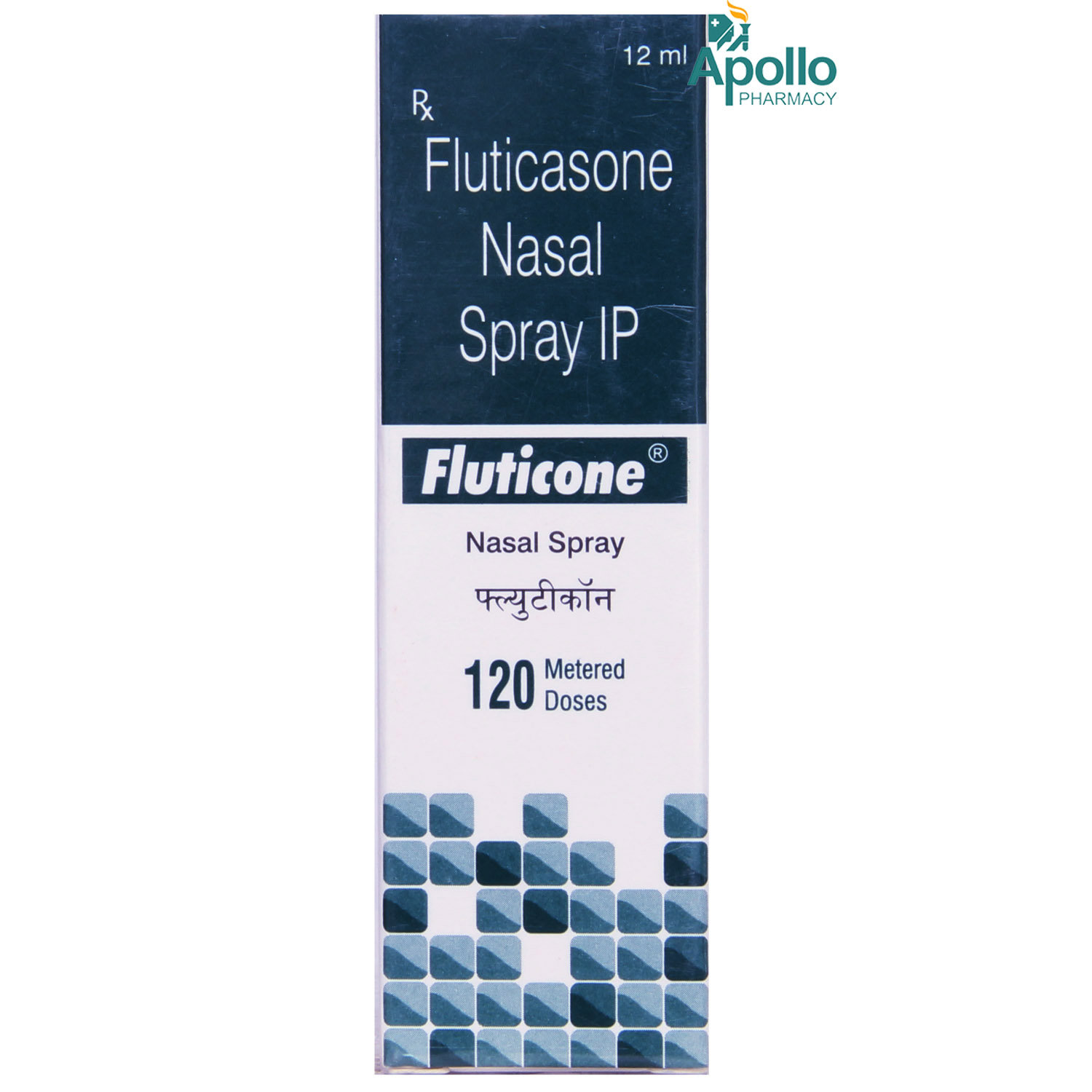 RX
RXFluticone Nasal Spray 12 ml
₹476.60
MRP ₹529.50
10% off
 RX
RXGemitrol NS Nasal Solution 6 ml
₹2443.50
MRP ₹2715
10% off
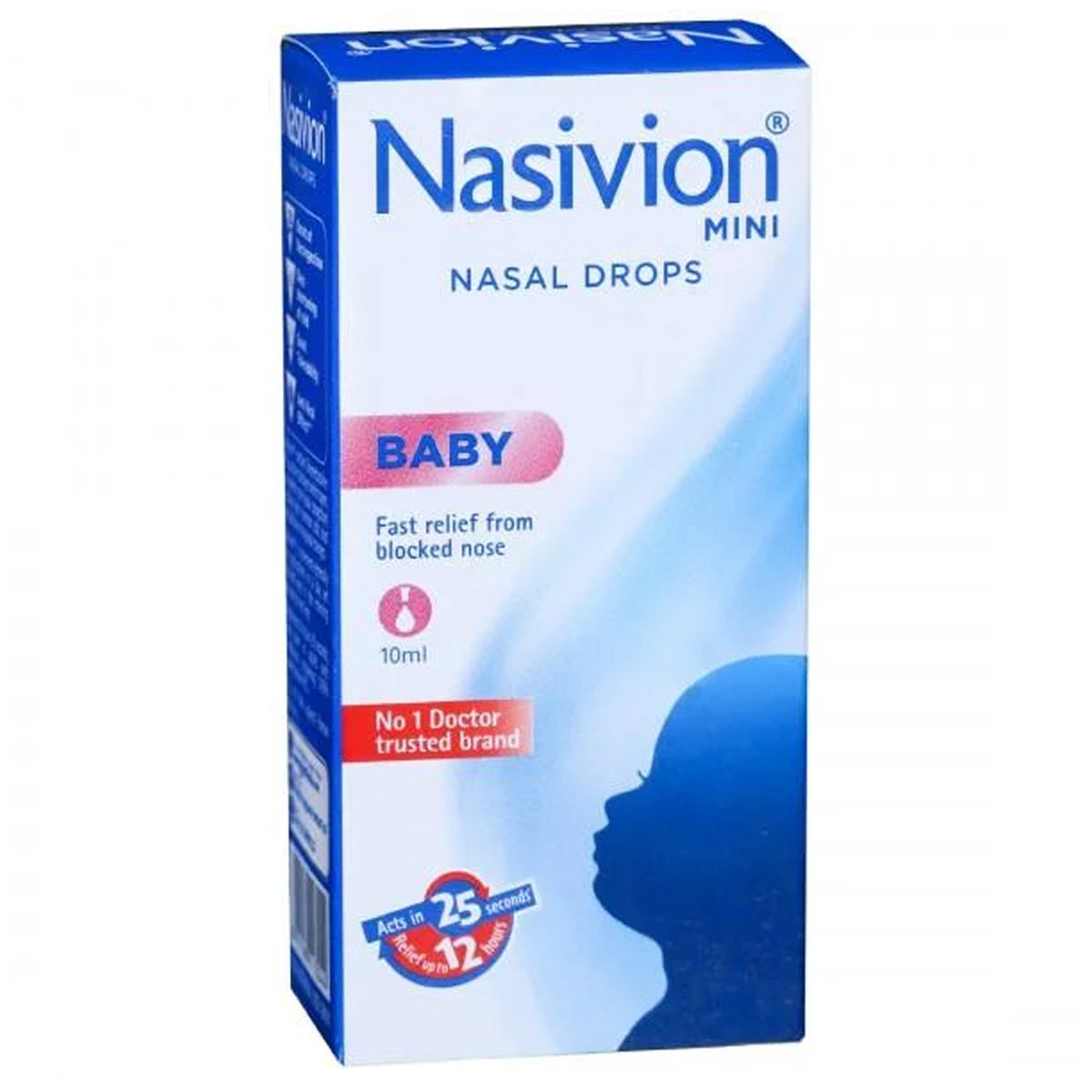
Nasivion Mini 0.01% Nasal Drops 10 ml
₹90.50
MRP ₹100.50
10% off
Medicine for blocked nose
A blocked nose, also known as nasal congestion, is a common condition that can make breathing through the nose difficult. It occurs when the tissues inside your nasal passages become swollen or inflamed, often due to an infection, allergy, or irritants. While it can be uncomfortable, several effective medicines are available to help relieve a blocked nose and restore normal breathing. This article will discuss the different types of medicines commonly used for nasal congestion, their benefits, dosage instructions, and where to buy them.
Types of Medicines Used for Blocked Nose
The medicine for blocked nose often depends on the underlying cause, whether it’s due to a viral infection like the common cold, allergies, or other causes. The following are common categories of medicines used to treat nasal congestion:
1. Decongestants
Decongestants are among the most commonly used medicines for relieving a blocked nose. They work by constricting blood vessels in the nasal passages, which reduces swelling and allows for better airflow. Decongestants can be found in various forms, including oral medications and nasal sprays.
Common Decongestants:
- Pseudoephedrine (oral tablet)
- Phenylephrine (oral tablet and nasal spray)
- Oxymetazoline (nasal spray)
- Xylometazoline (nasal spray)
2. Antihistamines
Antihistamines are used primarily for congestion caused by allergic reactions. These medicines block the action of histamine, a chemical that the body releases during an allergic reaction, which can cause nasal congestion, sneezing, and itching.
Common Antihistamines:
- Loratadine
- Cetirizine
- Diphenhydramine
- Fexofenadine
3. Nasal Steroid Sprays
Nasal corticosteroids are anti-inflammatory medications that reduce swelling and inflammation in the nasal passages, offering relief from blocked noses, especially in cases of chronic sinusitis or allergic rhinitis.
Common Nasal Steroid Sprays:
- Fluticasone (Flonase)
- Budesonide (Rhinocort)
- Mometasone (Nasonex)
- Beclometasone (Beconase)
4. Saline Nasal Sprays or Irrigations
Saline nasal sprays are non-medicated solutions used to moisturise the nasal passages, loosen mucus, and help clear the nose of allergens, irritants, or debris. They are gentle and can be used frequently.
Common Saline Nasal Sprays:
- Simply Saline
- Ocean Spray
- NeilMed Sinus Rinse
5. Expectorants
Expectorants are medications that help thin mucus, making it easier to expel from the nasal passages. They are often used when congestion is accompanied by thick mucus.
Common Expectorants:
- Guaifenesin (Mucinex, Robitussin)
Benefits of Using Medicines for Blocked Nose
Using the right medicine for blocked nose can provide several benefits:
- Quick Relief: Decongestants provide fast relief from nasal congestion by reducing the swelling of blood vessels in the nasal passages, making it easier to breathe.
Improved Breathing: By opening up the nasal passages, these medicines help improve airflow, allowing you to breathe more comfortably through your nose. - Reduced Discomfort: Medicines for a blocked nose can alleviate the discomfort associated with nasal congestion, such as pressure and pain in the sinuses.
- Enhanced Sleep Quality: By relieving nasal congestion, these medicines can help improve sleep quality, as you are less likely to wake up due to difficulty breathing.
- Versatility: Decongestants are available in various forms, including nasal sprays, drops, tablets, and liquids, making them convenient for different preferences and needs.
- Temporary Relief: While decongestants do not treat the underlying cause of nasal congestion, they provide temporary relief from symptoms, allowing you to carry on with your daily activities more comfortably.
Dosage & Usage Instructions for Blocked Nose Medicines
The correct dosage and usage instructions can vary depending on the type of medication and your specific condition. Here are some general guidelines:
- Nasal Sprays and Drops: These should be used as directed by your doctor or according to the label instructions. Typically, you should blow your nose gently before using the spray or drops. Keep one nostril closed while applying the medicine into the other, and then sniff hard to ensure it reaches deep into the nose. Repeat for the other nostril. Do not use nasal sprays or drops for more than three to five days, as prolonged use can worsen symptoms.
- Tablets and Capsules: Follow the dosage instructions provided by your doctor or on the medication label. Decongestant tablets and capsules are usually taken orally with water. Do not exceed the recommended dosage.
- Syrups: Measure the syrup using a proper measuring device or spoon. Follow the dosage instructions provided by your doctor or on the medication label.
Important Considerations
- Decongestants are not suitable for children under 6 years old.
- Consult your doctor before using decongestants if you have glaucoma, high blood pressure, heart conditions, thyroid problems, enlarged prostate, or diabetes.
- Decongestants can cause side effects such as jitteriness, trouble sleeping, burning sensation in the nose and throat, local irritation, nausea, headache, and dry nose.
- Pregnant or breastfeeding women should consult their doctor before using decongestants.
Where to Order Medicines for Blocked Nose Online?
Struggling with a blocked nose? Apollo 24|7 offers fast, reliable, and convenient delivery of medicines for nasal congestion directly to your doorstep in just 19 to 29 minutes. Whether it’s decongestants, nasal sprays, or antihistamines, trust Apollo 24|7 for genuine, effective treatments. With doctor consultations and lab tests also available on the app, we provide complete respiratory care solutions—all in one place—no waiting, no hassles.
Frequently asked questions
Blocked nose medicines, also known as nasal decongestants, are medications designed to relieve nasal congestion caused by colds, allergies, sinusitis, and other conditions. They work by reducing swelling in the nasal passages, allowing for easier breathing.
Nasal decongestants work by constricting the blood vessels in the nasal passages. This reduces swelling and congestion, making it easier to breathe. They are available in various forms, including nasal sprays, drops, tablets, capsules, and syrups.
For nasal sprays and drops, follow these steps:
- Blow your nose gently before using the spray or drops.
- Keep one nostril closed while applying the medicine into the other.
- Sniff hard to ensure the medicine reaches deep into the nose.
- Repeat for the other nostril.
- Do not use nasal sprays or drops for more than three to five days, as prolonged use can worsen symptoms.
Consult your doctor before using nasal decongestants if you have any of the following conditions:
- Glaucoma
- High blood pressure
- Heart conditions
- Thyroid problems
- Enlarged prostate
- Diabetes Pregnant or breastfeeding women should also consult their doctor before using nasal decongestants.
Yes, a blocked nose can be a symptom of a sinus infection, especially if it is accompanied by facial pain, pressure, or thick nasal discharge. If symptoms persist for more than a week, it is best to consult a doctor.

